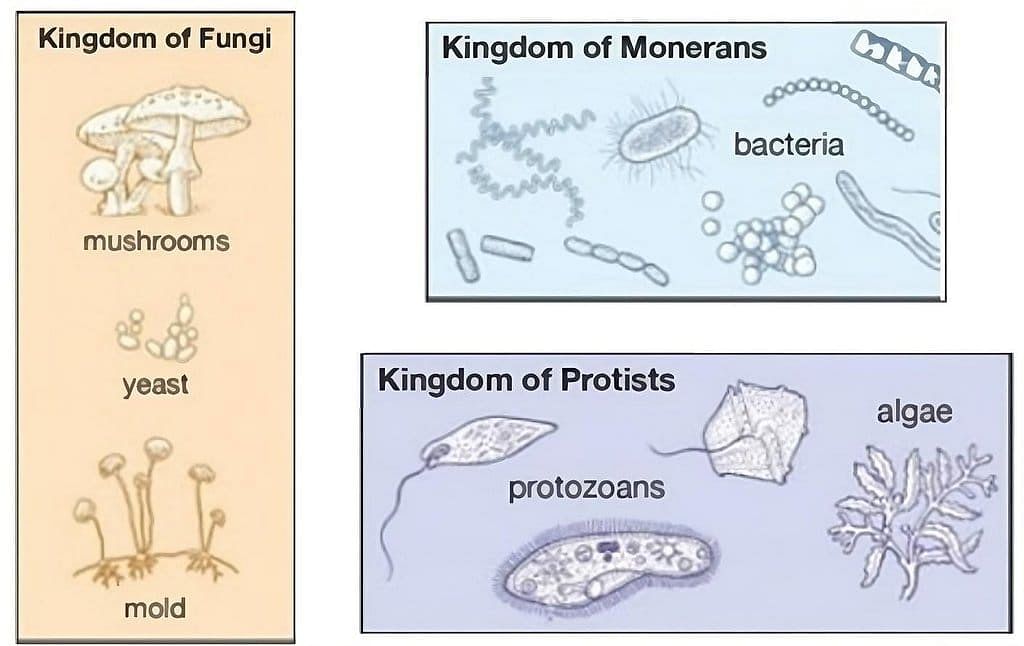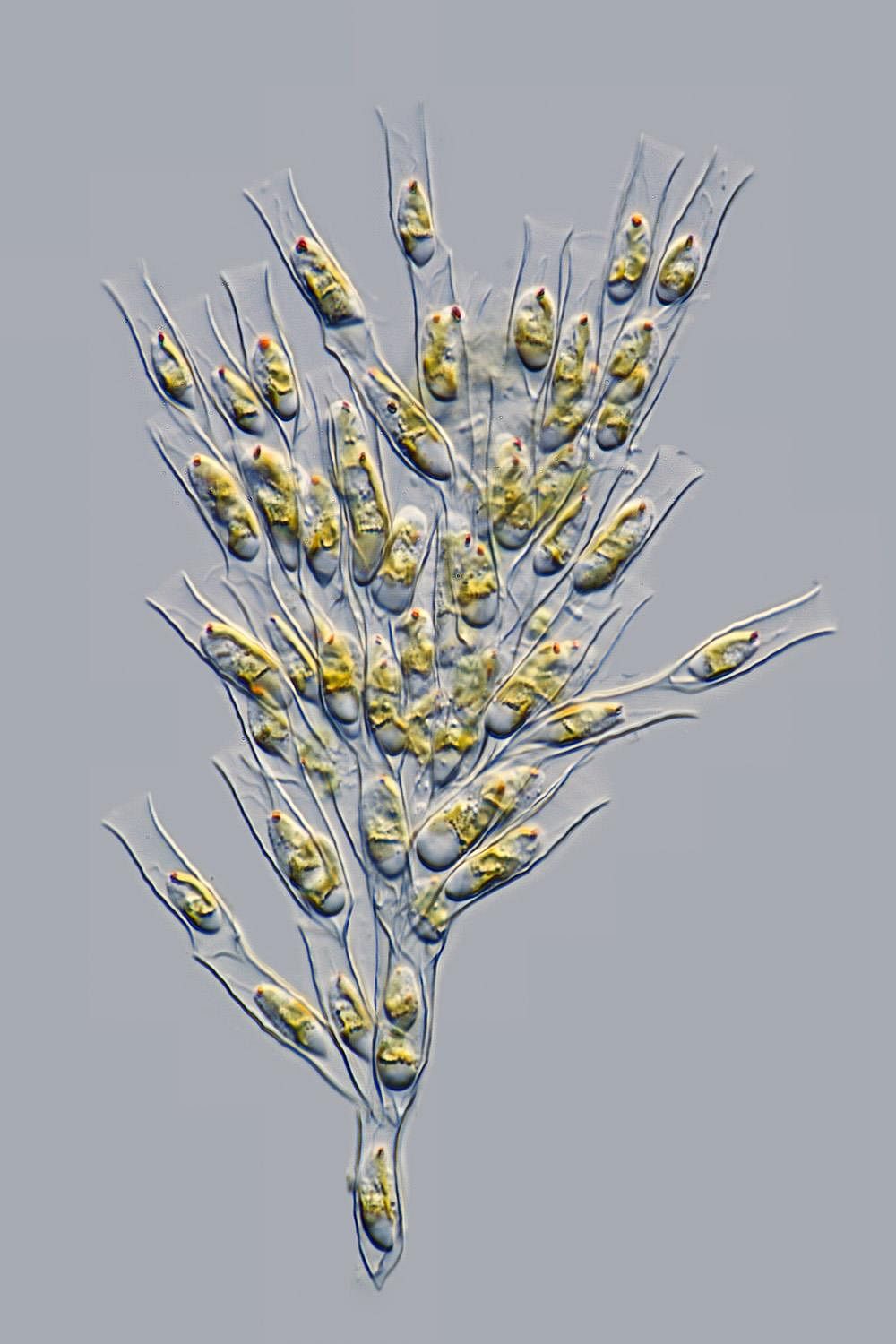Grade 11 Exam > Grade 11 Tests > Test: Kingdom Monera & Protista (NCERT) - Grade 11 MCQ
Test: Kingdom Monera & Protista (NCERT) - Grade 11 MCQ
Test Description
10 Questions MCQ Test - Test: Kingdom Monera & Protista (NCERT)
Test: Kingdom Monera & Protista (NCERT) for Grade 11 2024 is part of Grade 11 preparation. The Test: Kingdom Monera & Protista (NCERT) questions and answers have been prepared
according to the Grade 11 exam syllabus.The Test: Kingdom Monera & Protista (NCERT) MCQs are made for Grade 11 2024 Exam.
Find important definitions, questions, notes, meanings, examples, exercises, MCQs and online tests for Test: Kingdom Monera & Protista (NCERT) below.
Solutions of Test: Kingdom Monera & Protista (NCERT) questions in English are available as part of our course for Grade 11 & Test: Kingdom Monera & Protista (NCERT) solutions in
Hindi for Grade 11 course.
Download more important topics, notes, lectures and mock test series for Grade 11 Exam by signing up for free. Attempt Test: Kingdom Monera & Protista (NCERT) | 10 questions in 10 minutes | Mock test for Grade 11 preparation | Free important questions MCQ to study for Grade 11 Exam | Download free PDF with solutions
Detailed Solution for Test: Kingdom Monera & Protista (NCERT) - Question 1
Detailed Solution for Test: Kingdom Monera & Protista (NCERT) - Question 2
| 1 Crore+ students have signed up on EduRev. Have you? Download the App |
Detailed Solution for Test: Kingdom Monera & Protista (NCERT) - Question 3
Detailed Solution for Test: Kingdom Monera & Protista (NCERT) - Question 4
Test: Kingdom Monera & Protista (NCERT) - Question 5
Match the following and choose the CORRECT combination from the options given

Detailed Solution for Test: Kingdom Monera & Protista (NCERT) - Question 5
Detailed Solution for Test: Kingdom Monera & Protista (NCERT) - Question 6
Detailed Solution for Test: Kingdom Monera & Protista (NCERT) - Question 7
Test: Kingdom Monera & Protista (NCERT) - Question 8
One of these is NOT a characteristic feature of cyanobacteria.
Detailed Solution for Test: Kingdom Monera & Protista (NCERT) - Question 8
Test: Kingdom Monera & Protista (NCERT) - Question 9
Bacteria that live in hot springs are called
Detailed Solution for Test: Kingdom Monera & Protista (NCERT) - Question 9
Test: Kingdom Monera & Protista (NCERT) - Question 10
Who proposed the five kingdom classification?
Detailed Solution for Test: Kingdom Monera & Protista (NCERT) - Question 10
Information about Test: Kingdom Monera & Protista (NCERT) Page
In this test you can find the Exam questions for Test: Kingdom Monera & Protista (NCERT) solved & explained in the simplest way possible.
Besides giving Questions and answers for Test: Kingdom Monera & Protista (NCERT), EduRev gives you an ample number of Online tests for practice
Download as PDF





















